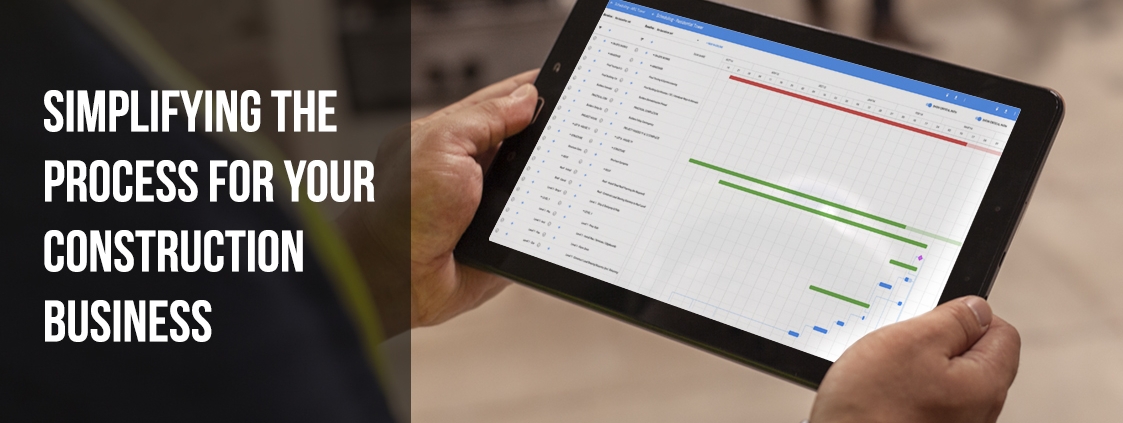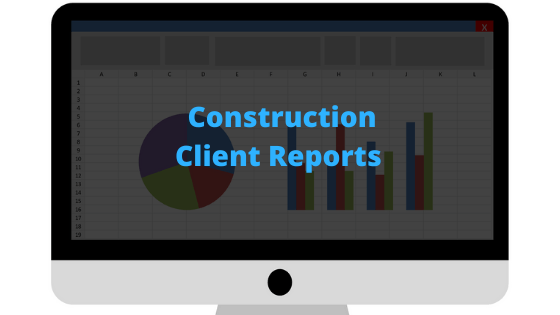Strategies for Managing Construction Contracts
Clear and comprehensive contract documentation
Contracts must be thorough and clearly define the scope of work, timelines, costs, quality requirements, and roles and responsibilities of all parties. Well-documented contracts leave no room for ambiguity and ensure that everyone is on the same page.
Regular communication and collaboration
Open and transparent communication amongst all stakeholders is essential for effective contract management. Regular meetings, progress updates, and timely resolution of issues foster collaboration and enable swift decision-making, reducing delays and disputes.
Document control and record-keeping
Maintaining a centralized and organized system for contract documentation is crucial. This includes contract amendments, change orders, correspondence, and project-related documents. A well-structured document control system facilitates easy access, retrieval, and tracking of contractual information.
Monitoring and enforcement of compliance
Active monitoring of contractual obligations and performance is necessary to ensure compliance. Regular site inspections, quality audits, and progress tracking help identify and address any deviations from the contract. Non-compliance issues can be resolved promptly through proper enforcement mechanisms.
Proactive risk management
Identifying and managing project risks is an integral part of effective contract management. Conducting risk assessments, implementing risk mitigation strategies, and establishing contingency plans help minimize the impact of unforeseen events and ensure project success.






